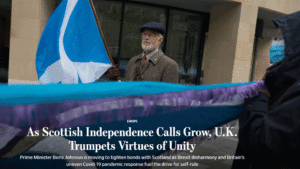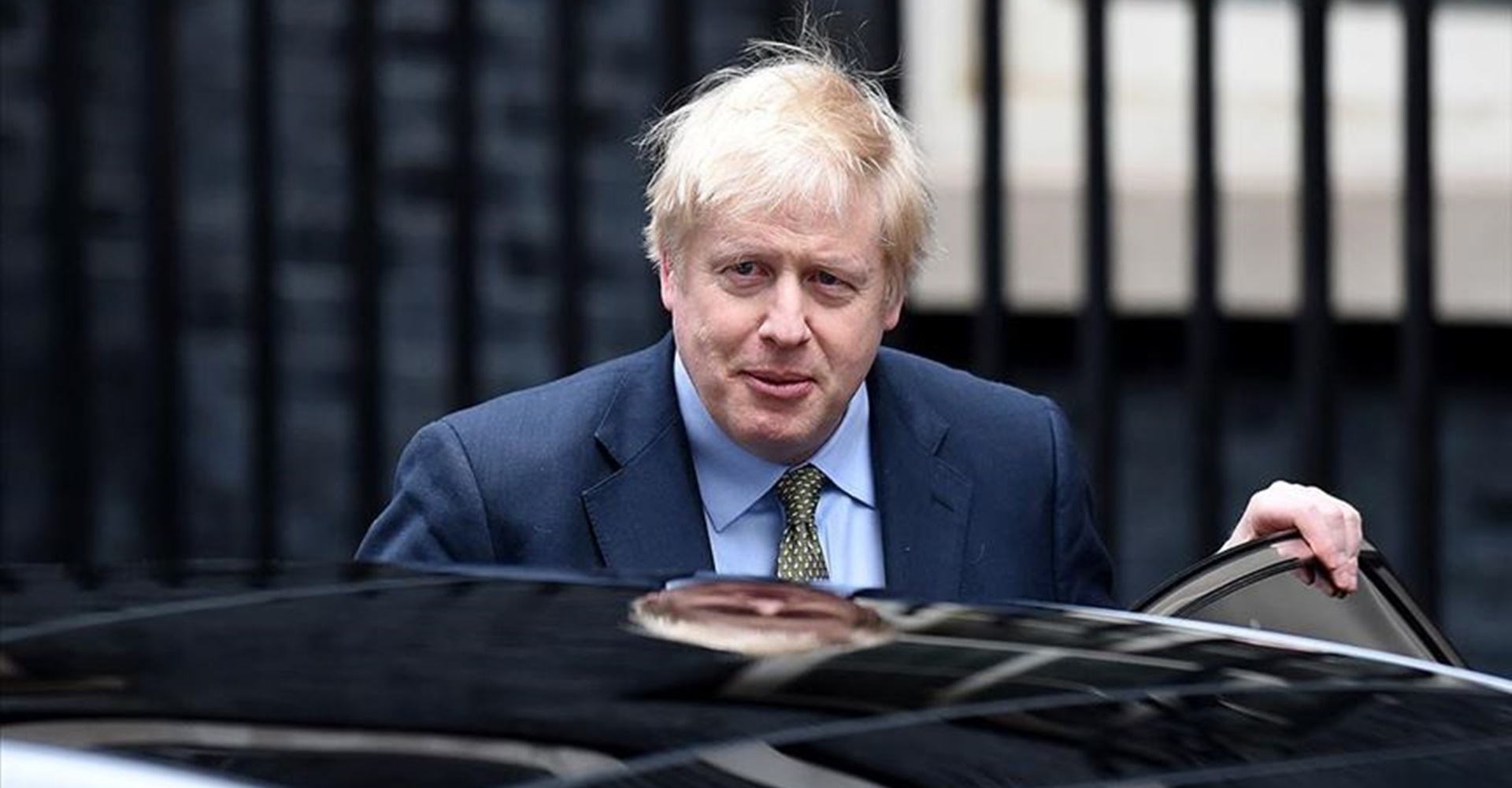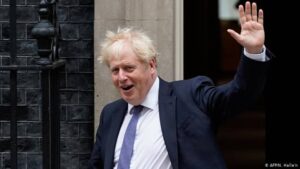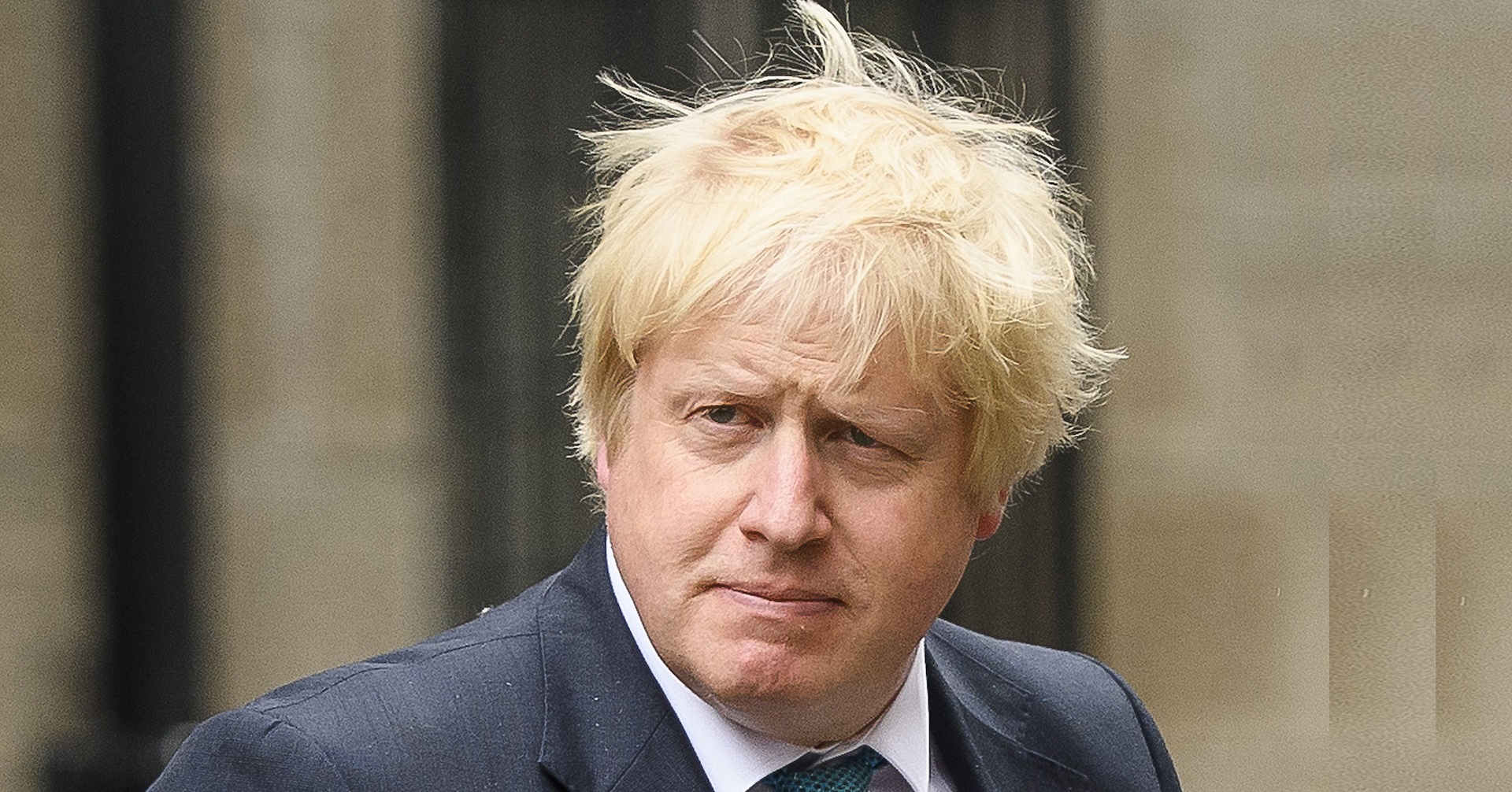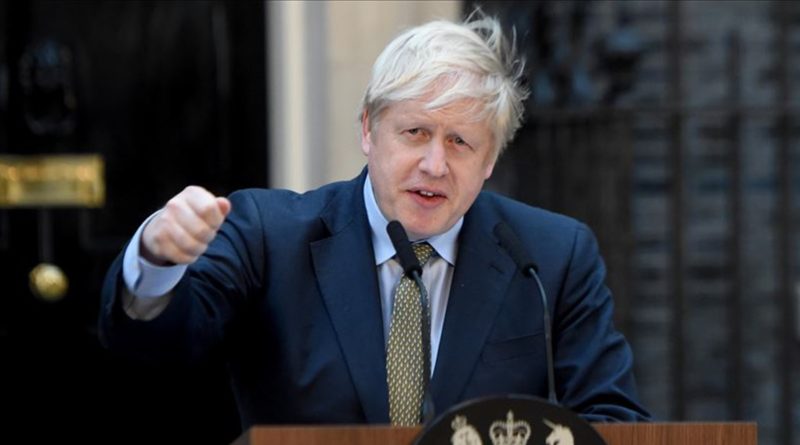EU leaders have called for post-Brexit trade talks to continue beyond the end of the week – the deadline suggested by Boris Johnson.
At a two-day summit in Brussels beginning on Thursday, they said progress in key areas was “not sufficient” to reach a deal.
EU chief negotiator Michel Barnier said fresh “intensive” talks should aim to reach a deal around the end of October.
But his UK counterpart said he was “disappointed” by the EU’s approach.
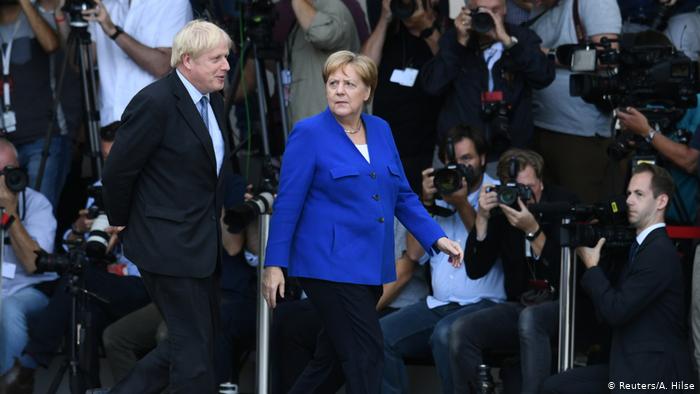

In a tweet, David Frost said he was “surprised” the EU “is no longer committed to working ‘intensively’ to reach a future partnership”.
He said the EU was expecting “all future moves” toward a deal to come from the UK, which he called an “unusual approach to conduct a negotiation”.
He added the prime minister would set out his “approach” to the future of the talks on Friday.
Both sides are calling on each other to compromise on key issues, including fishing and limits on government subsidies to businesses.
They are seeking an agreement to govern their trading relationship once the UK’s post-Brexit transition period ends in December.
As the summit got underway, EU Commission President Ursula von der Leyen said she would be self-isolating for the second time in a month after a member of her staff tested positive for Covid-19.
In a tweet, she added she had tested negative herself but would be leaving the summit “as a precaution”.
In a conclusion document issued after a discussion on Brexit, the EU expressed “concern” that not enough progress has been made in key areas for a deal to be reached.
They urged the UK to make the “necessary moves” towards striking an agreement.

Arriving at the summit, French President Emmanuel Macron said his country’s fishermen would not “in any situation” be “sacrificed to Brexit”.
“We didn’t choose Brexit. Preserving access for our fishermen to British waters is an important point for us,” he told reporters.
Covid ‘motivating factor’
The Taoiseach (Irish prime minister) Micheál Martin said a deal was still possible “within the timeframe available to us”.
He told the BBC a no-deal outcome would represent a “significant additional shock to our societies” on top of the Covid-19 pandemic.
“That is a motivating factor in seeking to arrive at a comprehensive deal,” he added.
Dutch Prime Minister Mark Rutte said: “It would be crazy for the outside world if the UK and the EU will not be able to come to an agreement”.
EU leaders are not yet all on the same page when it comes to how much they should give up or give in to get a deal.
Brussels keeps calling on the UK to make concessions but a successful outcome will require compromises on both sides.
Will France’s Emmanuel Macron relinquish his hard-line position about keeping current fishing quotas in UK waters? He’ll have to, to get a UK deal.
Will Germany’s Angela Merkel give way to some demands on competition regulations (aka the level playing field) yet still grant the UK zero tariff, zero quota access to the single market?
EU leaders must agree with all this amongst themselves and it won’t be straightforward.
Why does 15 October matter?
Over the summer, both the UK and EU seemed to agree the end of October was the final date to get a deal done – allowing enough time for it to be ratified before 31 December.
But come on 7 September, Boris Johnson decided to shorten the deadline.
He said if a deal wasn’t reached by 15 October, “then I do not see that there will be a free trade agreement between us, and we should both accept that and move on”.
Thursday is that day – but Downing Street appears to have moved back from it as a hard deadline.
Formal negotiations ended at the start of October, but Mr. Johnson and Mrs von der Leyen pledged to “intensify talks” over the coming weeks.
Pressed on whether the UK would walk away on 15 October, the government’s chief negotiator Lord Frost said it was his job to “advise the prime minister” on whether a deal was on the cards by then.
By remaining in the bloc’s single market and customs union, the UK has continued to follow EU trading rules during its post-Brexit transition period.
This 11-month period is due to end in December, and the UK has ruled out seeking an extension.
Formal talks began in March and continued throughout the pandemic, initially via video link before in-person discussions resumed over the summer.
If a deal is not done, the UK will trade with the EU according to the default rules set by the World Trade Organization.
Related Posts
BBC / Balkantimes.press
Napomena o autorskim pravima: Dozvoljeno preuzimanje sadržaja isključivo uz navođenje linka prema stranici našeg portala sa koje je sadržaj preuzet. Stavovi izraženi u ovom tekstu autorovi su i ne odražavaju nužno uredničku politiku The Balkantimes Press.
Copyright Notice: It is allowed to download the content only by providing a link to the page of our portal from which the content was downloaded. The views expressed in this text are those of the authors and do not necessarily reflect the editorial policies of The Balkantimes Press.

